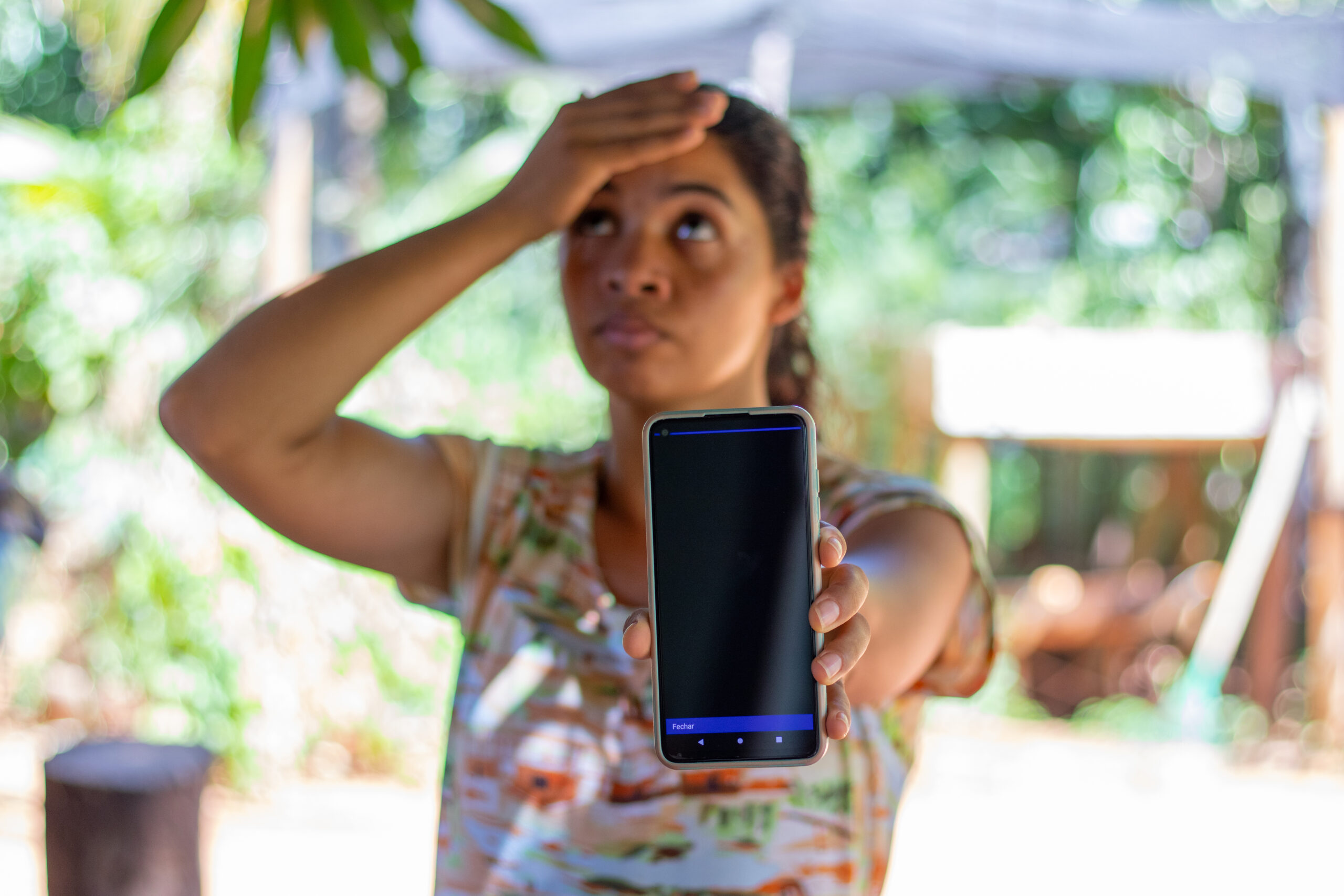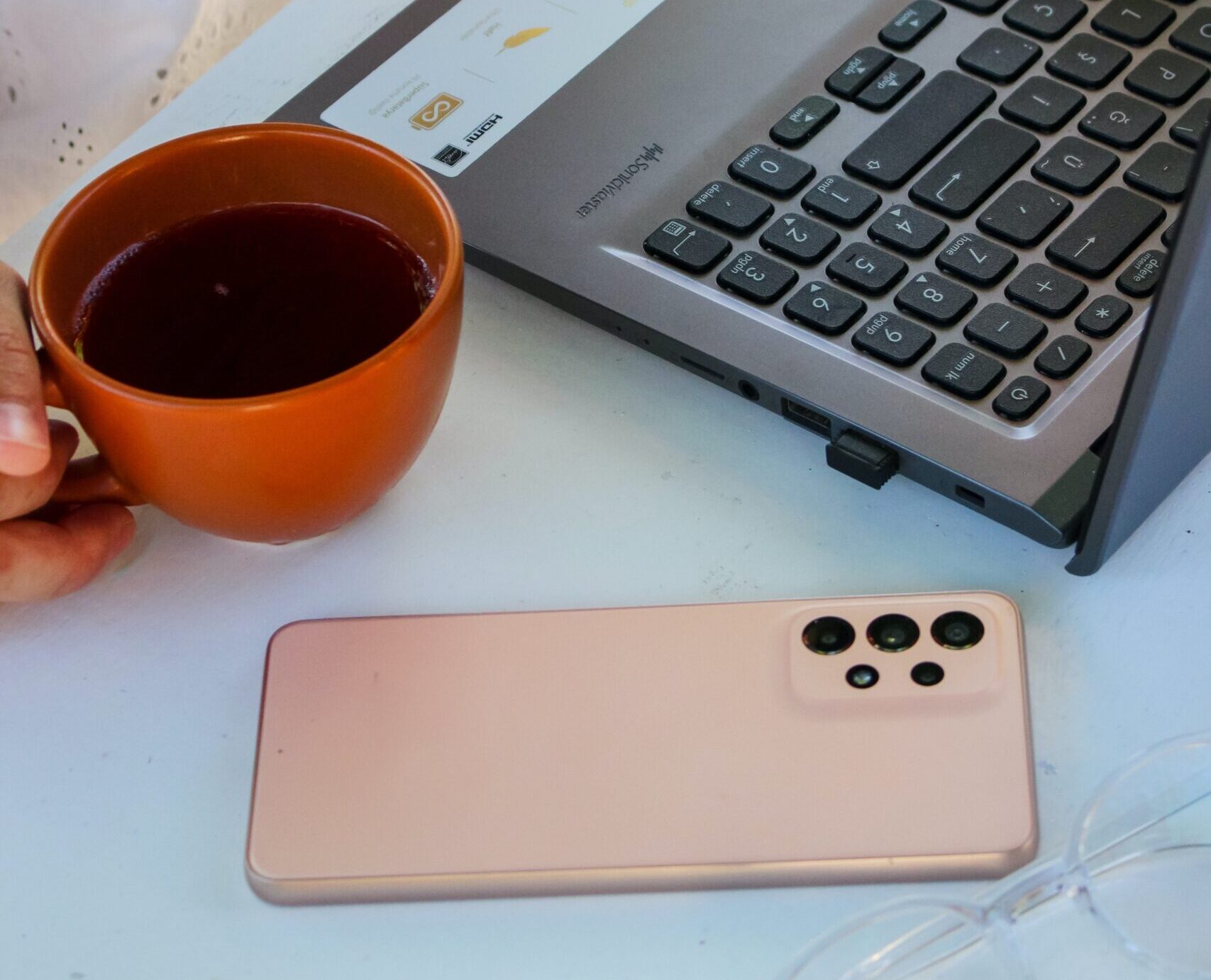The rise in cell phone use among teenagers has raised concerns about the potential impacts on this generation’s mental health. In addition, many of us have already noticed the effects of excessive smartphone use in our daily lives, but it is still a challenge to directly prove this link to mental health problems.

Read now: Christmas Cell Phone for Children: Learn about the Risks and Dilemmas of this Choice
Key Findings from the South Korea Study
A recent study conducted in South Korea, published in the scientific journal Plos One, sought to understand the effects of increased screen time on the mental health of adolescents. This research, conducted on a national scale with more than 40 thousand participants between 2017 and 2020, revealed alarming data.
- Significant Increase in Screen Time: While between 2017 and 2020, the number of people reporting periods longer than 4 hours per day increased significantly, rising from 30% to 55%.
- Growing Negative Impacts: Ultimately, the more time young people spent on their phones, the worse their rates of negative mental health impacts, substance abuse and obesity became.
Limitations and Criticisms of the Study
While the results of the South Korean study reinforce the connection between increased cell phone use and mental health problems, it is important to consider the limitations pointed out by the researchers themselves.
Study Limitations
- Participants' Report: Participants provided responses, raising questions about the accuracy of reported screen time.
- Lack of Specificity: The study did not monitor specific activities carried out on cell phones, such as social media, gaming or video calls, which could provide a more accurate understanding of the impacts.
Understand more: Six Amazing Phones Redefining the Smartphone World
Criticism of the Screen Time Metric
Peter Etchells, professor of psychology and science communication at Bath Spa University, questions the relevance of the screen time metric. He argues that the amount of time spent does not reveal the diversity of activities undertaken. Certainly, for him, the crucial question is not how much time, but why some people struggle while others thrive when using digital technology.
Namely: while the connection between increased screen time and mental health problems is clear, the complexity of this relationship is not. It requires a more in-depth approach. First of all, in addition to considering time, it is crucial to explore the specific activities carried out on cell phones. This is to gain a more complete understanding of the impact on adolescents’ mental health.
See also: How to Identify if Your Cell Phone is Being Tracked: Signs and Solutions



